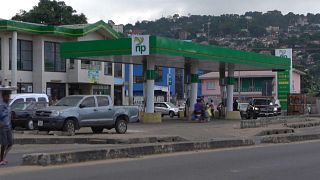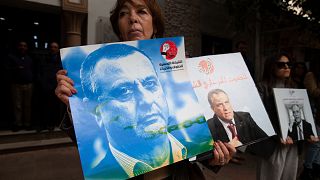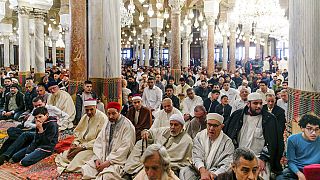Tunisia
Tunis residents are facing a disruption in fuel deliveries that has sparked long queues at petrol stations, the latest economic hiccup as Tunisia faces a crunch in its public finances.
Authorities insist that fuel deliveries are adequate and have blamed motorists in the capital for sparking shortages by flocking to fill up.
"The amount of fuel on the market is enough for the next 10 days, and another delivery is due on Monday," Salouen Smiri of the petrol sector told Tunisian media.
For months, Tunisia has faced shortages of subsidised goods such as flour and cooking oil, which are imported by the state and distributed at lower-than-market prices.
Experts have blamed the situation on the country's poor public finances and low credit rating, meaning suppliers demand to be paid in cash rather than on credit.
The government insists that fuel deliveries are proceeding as normal.
"It's true that there have been problems of deliveries by boat... but the product is available," said energy minister Neila Nouira Gongi.
"Before, suppliers used to give us a month or two to settle our bills, but that's not the case any more. Now, they won't unload their cargo until they've been paid."
While petrol stations across the capital have seen long queues since the weekend, other areas of Tunisia have remained largely normal.
Cash-strapped Tunisia is in talks with the International Monetary Fund (IMF) for a bailout loan of around $2 billion.
A long-running economic crisis has become more acute in recent months with commodity shortages and inflation at around nine percent.
The state's financial difficulties, exacerbated by the war in Ukraine, are a challenge to the popularity of President Kais Saied, who in July last year seized far-reaching powers.











Go to video
The EU moves to fast-track asylum claims by migrants from 7 countries to speed deportation
Go to video
Libya devalues currency for first time in four years amid fiscal strain
01:15
Tunisian President Saied dismisses prime minister amid political tensions
03:06
Nigeriens frustrated by ongoing fuel shortage
Go to video
Muslims in Cairo stock up on provisions for Ramadan
04:04
DR Congo's Goma faces economic and financial crisis following M23 takeover